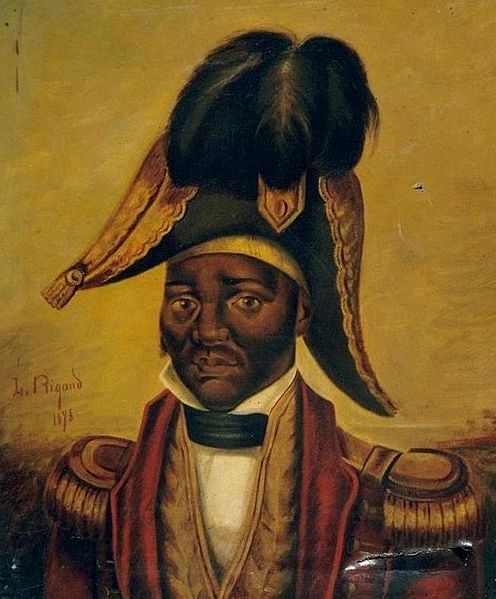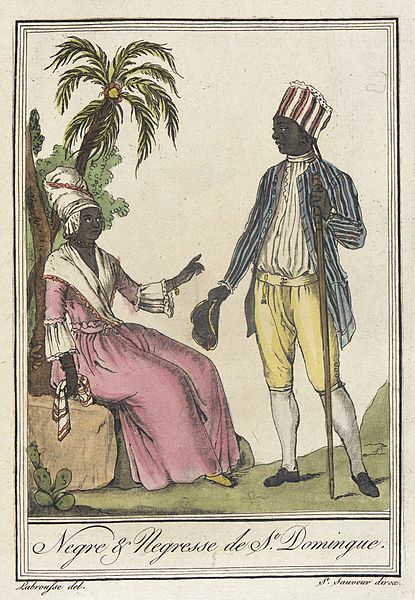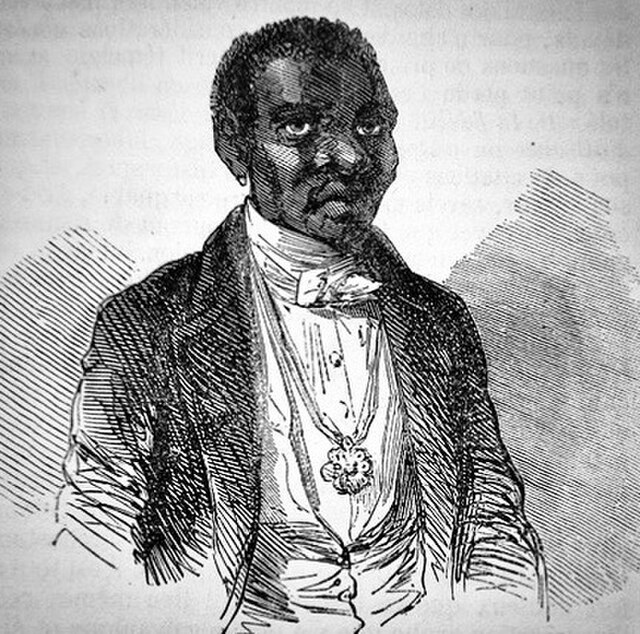The First Empire of Haiti, officially known as the Empire of Haiti, was an elective monarchy in North America. Haiti was controlled by France before declaring independence on 1 January 1804. The Governor-General of Haiti, Jean-Jacques Dessalines, created the empire on 22 September 1804. After being proclaimed emperor by the Generals of the Haitian Revolution Army, he held his coronation ceremony on 6 October and took the name Jacques I. The constitution of 20 May 1805, set out the way the empire was to be governed, with the country split into six military divisions. The general of each division corresponded directly with the emperor or the general in chief appointed by the emperor. The constitution also set out the succession to the throne, with the crown being elective and the reigning emperor having the power to appoint his successor. The constitution also banned white people, with the exception of naturalised Germans and Poles, from owning property inside the empire.

Emperor Jacques I of the First Empire of Haiti
Haitian Creole, or simply Creole, is a French-based creole language spoken by 10 to 12 million people worldwide, and is one of the two official languages of Haiti, where it is the native language of the vast majority of the population. Northern, Central, and Southern dialects are the three main dialects of Haitian Creole. The Northern dialect is predominantly spoken in Cap-Haïtien, Central is spoken in Port-au-Prince, and Southern in the Cayes area.
A rich Creole planter of Saint-Domingue with his wife
A Haitian planter
Haitian Creole display at a car rental counter in the Northwest Florida Beaches International Airport (2014).
A CDC-sponsored poster about the COVID-19 prevention in Haitian Creole.





